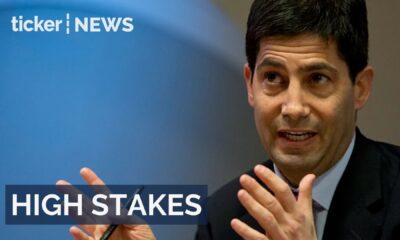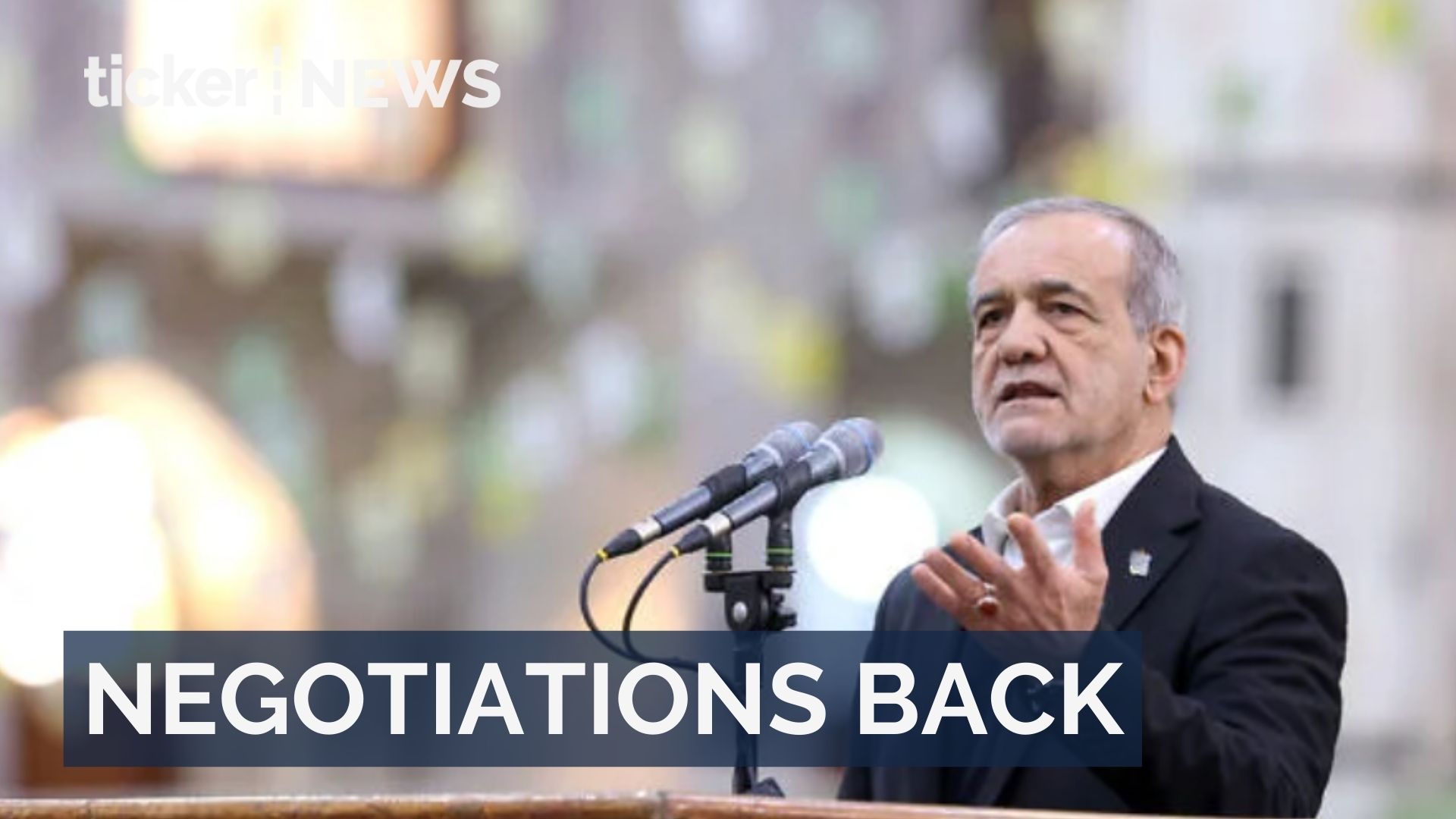News
Putin threatens strikes on Kyiv’s decision-making centres
Putin threatens to target Ukraine’s decision-making centers with hypersonic missiles in response to attacks on Russian territory.

News
U.S. – India trade deal cuts tariffs and reshapes global energy flows
US cuts tariffs on Indian goods to 18%; India reduces Russian oil imports and enhances US energy purchases.
News
Iran orders nuclear talks with the U.S. as tensions rise at home and abroad
Iran seeks nuclear talks with the U.S. in Turkey, amid concerns over missiles, uranium, and domestic unrest.
News
Trump responds as Kristi Noem mandates body cameras for federal officers in Minneapolis
Trump advocates body cameras for police to prevent false claims; Noem mandates all federal officers in Minneapolis to wear them.
-



 Tech1 day ago
Tech1 day agoNvidia and Amazon explore massive OpenAI funding round
-



 Shows1 day ago
Shows1 day agoHow AI is transforming real estate investment strategies
-



 News4 days ago
News4 days agoBig Tech earnings spark investor unease over AI spending
-



 Money4 days ago
Money4 days agoU.S. dollar weakens while Australian dollar rises amid global market shifts
-



 Ticker Views3 days ago
Ticker Views3 days ago3 things to know about Kevin Warsh, Trump’s nod for Fed chair
-



 Money4 days ago
Money4 days agoWall Street slides as AI spending raises investor concerns
-



 Shows1 day ago
Shows1 day agoGrowth and rental yields highlighted in Pulse report
-



 Shows1 day ago
Shows1 day agoShifting real estate trends favour apartments over houses







